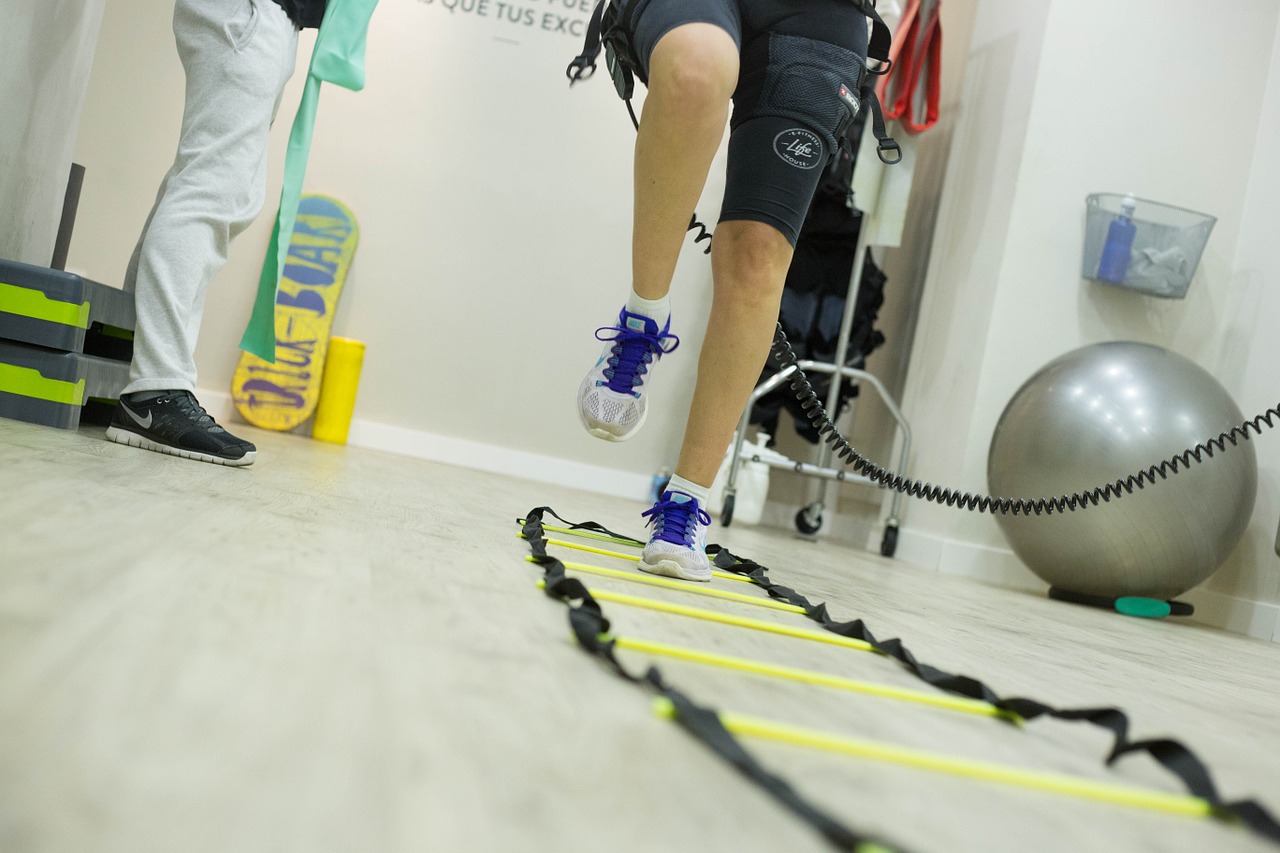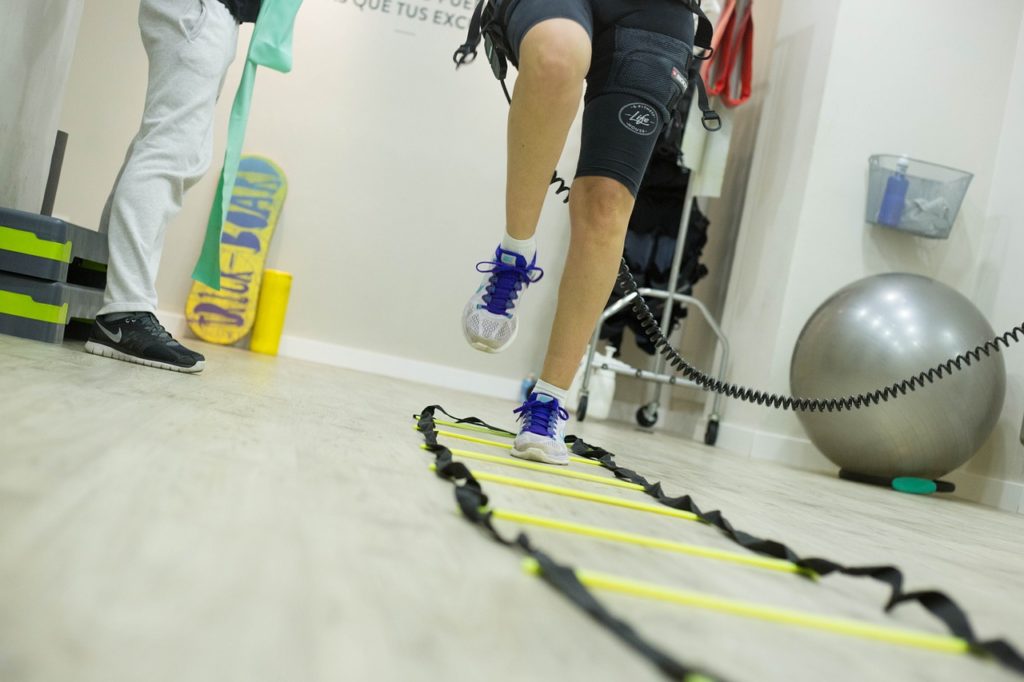
Regardless of whether you are a professional athlete, a weekend warrior or something in between, you may benefit from using sports medicine services from time to time. A sports medicine professional is someone who is trained specifically to assist athletes of various levels with their healthcare needs, and this ranges from everything from nutrition and performance to diagnosing and treating serious injuries. If you have never been to a sports medicine clinic or received these specialized services, you may not know what to expect. These are just a few of the many ways that sports medical professionals can assist you with your current and future healthcare needs.

Assisting with Preventive Care
As an athlete, you understandably want to stay healthy, and you may even be focused on ways to improve your performance. Your sports medical professional can help you to identify weaknesses in your current program or regimen so that you can make healthy improvements. Some of the areas that he or she may assist you with include nutrition, strength training exercises, flexibility and more.
Diagnosing Injuries and Medical Conditions
One of the more common reasons why athletes visit a sports medicine doctor is because of an injury or unpleasant symptoms. For example, you may have a nagging pain in your knee when you run, or you may feel shoulder pain when you play tennis. These are just a few of the signs of a sports-related injury, and your medical professional can use a wide range of tests and procedures to diagnose the problem and to treat it. Many of these treatments require rest and rehabilitation, and some require surgical procedures. The type of professional who will provide this type of care is an orthopedic doctor or surgeon.
Using Specialty Tools for Complicated Procedures
Some sports medical professionals can assist with outpatient procedures or with surgeries at the hospital. For example, if you have a torn meniscus, you likely will need surgery to repair the damage. These doctors use a wide range of specialty electrosurgery tools and equipment that they have considerable knowledge about and experience with. These tools can provide more precise results while minimizing recovery time and pain associated with the procedure. There are physical therapy and rehabilitation tools and equipment that can be used during the recovery and rehab process.
Facilitating Rehabilitation
After an injury or a procedure, you likely will require weeks or even months of rehabilitation and therapy. A sports medical doctor may assist you with more rapid and complete healing by recommending in-home exercises that you can do to promote strength, flexibility and more. He or she may refer you to an experienced physical therapist who you may work with several times per week or more. These efforts ensure that your injured areas heal completely and may help you to transition back into participating in your sports activities.
Managing Personal Training Experiences
Some sports medicine professionals focus on improving your performance and overall physical fitness, and they may also assist with helping you to lose weight or achieve other health and fitness goals that you have. Personal training is typically a one-on-one fitness experience rather than a group fitness class, and it may involve everything from nutrition and flexibility to speed exercise, strengthening and more.
Now that you know more about sports medicine, it may be time to set up an appointment with the right professional for your needs. Everything from physical therapists and orthopedists to personal trainers and others fall into this category of medicine. Take time to learn more about the services that each can offer to you through their education and experiences, and you can then take steps to improve your health in various ways.


